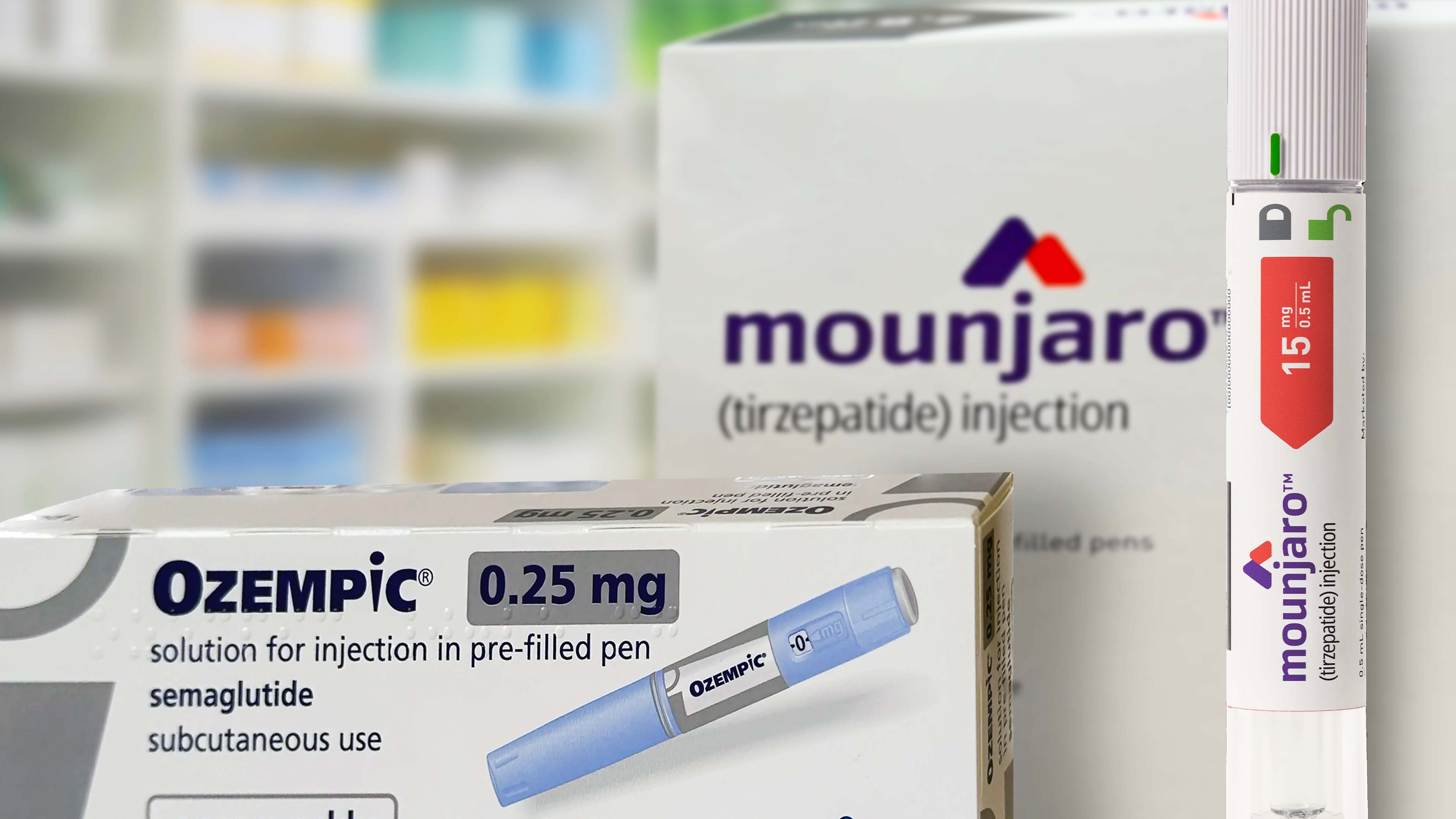Call it Snake Oil 2.0.
It's no wonder, in this tough economy, that people are turning to the Internet for deals on pricey medical products.
But doctors say when you shop online, the savings may come at the cost of your health.
More than 9 million women a year use injectable fillers, for example, in an effort to look younger. A treatment typically costs $500. Brands like Juvederm and Restylane are hot topics online. Online, industrial-grade silicone costs $10. One Internet shopper -- who didn't want to be named -- bought the bargain-basement goods and injected the product into her own face, a move that ended in disaster.
Not a wise move, said Dr. Jeffrey Riopelle, a cosmetic surgeon: "If injected improperly in the skin, it can cause skin defects and other problems that are permanent."
Online stores claiming to sell brand-name, prescription-only fillers abound. But they're fly-by-Net operations: Several sites that NBC Bay Area found disappeared days later. Cheap Web hosting makes it easy to set up an official-looking store and then shut it down. And anonymous domain-name registration makes it difficult to trace their real owners.
There's no way of knowing if you're getting the real thing -- or even a safe and sterile product.
Health
Fillers are "definitely a prescription medication and only available to physicians," said Riopelle.
"Products that aren't pure can cause serious infections and in some cases death," said Dr. Matthew Mingrone of the California Face & Laser Institute.
One Bay Area patient obtained Botox, a drug made from a bacterial toxin used to relax wrinkles, on her own.
"I've had someone come in with it and ask me to inject it," said Riopelle. "I said, 'No, I don't use it unless I purchase it myself.'"
Even if an online shopper got lucky and managed to order real Botox, doctors train for years to learn how to inject it the right way.
Fillers and Botox aren't the only medical products easily bought online. Silicone breast implants are on offer, as are IV bags and EpiPens, the emergency anti-allergy medication.
EpiPens could be particularly dangerous: Even if they have real medication in them, the dose is unknown, said Mingrone. "Putting something like that into your body for a bee sting at a dose designed for a heart attack could be life-threatening."
That's a high price to pay.
The FDA recommends against buying online from companies you don't know. If you're dead set on saving money on medical products, go with known retailers, and shop around -- but at places that employ licensed pharmacists.
An easy way to check the origin of medical products is by lot number: Units shipped to doctors can be traced by that number and proper handling verified to make sure they stay sterile in the supply chain.



